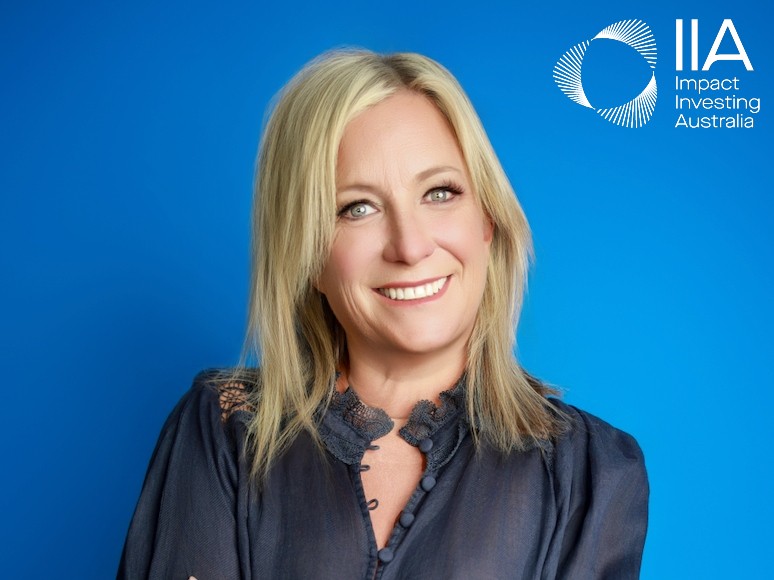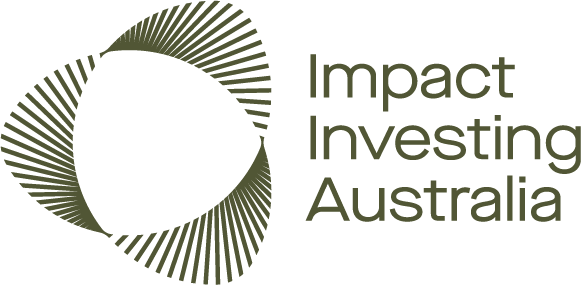If Australia is serious about lifting productivity, creating jobs, increasing tax revenues, and becoming a global innovation leader, it must urgently reform how capital flows into its most promising impact businesses. That means tackling a persistent market failure: the lack of growth capital for small and medium-sized Australian-owned enterprises—particularly those led by women and Indigenous founders.
The Commonwealth Government has a clear opportunity to act—and a proven model to follow. The Department of Foreign Affairs and Trade (DFAT)’s Australian Development Investments (ADI) has already developed inclusive impact investment frameworks in Southeast Asia. It’s time to bring that success home.
The Problem: Strong Founders, Weak Capital Access
Australian SMEs are the backbone of our economy. They account for nearly half of private sector employment and are critical to regional development, innovation, and exports. But right now, many of our highest-potential businesses—especially in sectors like health, aged care, disability, food production, advanced manufacturing, and clean energy—are unable to access the funding they need to scale.
This is especially true for female and Indigenous founders, who face systemic barriers to capital despite operating in industries that align directly with Australia’s national priorities. The result? Many promising businesses are forced to stagnate, relocate offshore, or shut down altogether—costing us jobs, tax revenue, and global competitiveness.
This isn’t just unjust. It’s economically short-sighted. Closing the funding gap for underrepresented founders alone could unlock up to $128 billion–$135 billion in value for the Australian economy.
A Strategic Funding Model That Delivers Returns
We don’t need a handout culture—we need a smart, market-based solution. What’s required is a whole-system funding model that enables capital to reach founders where they are, across every stage of business growth.
This includes venture capital, debt, growth equity, and blended finance. It means backing emerging fund managers who understand local pipelines and are already working with high-potential, underserved entrepreneurs. It also means unlocking private capital—including superannuation funds—by de-risking early investment with strategic public co-investment.
The good news? The government doesn’t need to do it alone.
An anchor investment of around $480 million—deployed through cornerstone commitments and operational grants to emerging fund managers—can catalyse billions in private capital, delivering a strong return on investment while building a self-sustaining funding ecosystem.
Six Actions to Unlock Inclusive Capital
- Engage with emerging funds and replicate Southeast Asia approach
Build on DFAT’s Australian Development Investments proven models for inclusive finance in Southeast Asia and apply them domestically. - Establish a full-spectrum capital model
Mobilise venture, debt, and growth equity to support businesses across their full lifecycle, particularly in sectors like healthcare, aged care, advanced manufacturing, climate, and food production. - Support new fund managers with operational grants ($3 million–$5 million each)
Build capability and pipelines so new fund managers can engage institutional and international investors and attract experienced advisory. - Provide cornerstone capital ($25 million–$50 million per fund)
De-risk new funds to help them build track records and attract follow-on funding from superannuation and institutional capital. - Implement Gender Equality Taskforce funding recommendations
Ensure capital flows to diverse founders who are critical to inclusive and sustainable growth. - Expand deal-flow via advisory and capital access hubs
Scale proven entry points for underfunded entrepreneurs with $30 million in national grants.
Why This Matters Now
This isn’t just good policy—it’s great economics.
- More jobs mean more tax revenue
By backing the businesses that are ready to grow, we create high-value employment, especially in the regions, and expand the government’s revenue base without raising taxes. - Private and international capital is waiting
A clear funding architecture—with flexible capital products and investable pipelines—will attract high-net-worth individuals and global investors. - It supports critical public services
Stronger tax revenues from a more productive, inclusive economy mean better funding for healthcare, aged care, education, and infrastructure. - It enhances Australia’s role in the Indo-Pacific
Inclusive capital strategies align with regional trade and diplomacy goals, projecting leadership and shared values across Southeast Asia. - It positions Australia as a modern innovation leader
Backing a broader group of entrepreneurs modernises our economic identity and expands what innovation looks like in this country.
A Moment for Action, Not Talk
Australia is ready for a new phase of economic leadership. The ideas are proven. The private sector is engaged. The opportunity is real.
This is not the time for incremental change. It is the time for national investment in the entrepreneurs, sectors, and fund managers who will define our next decade of growth. With the right model, we can drive returns, create jobs, boost public revenue, and solidify Australia’s place as a powerhouse in the Indo-Pacific.
The path forward is clear. Let’s lead it.
References
- SBE / Deloitte Report: Accelerating women Founders – The Untapped Investment Opportuinity
- Women’s Economic Equality Taskforce (WEET): Final Report to Government (2023)
- Funding for Women Led Ventures: Gender Diversity in Australian Start-up Funding FY22
- https://enterprisingme.com.au/empowering-australias-future-female-entrepreneurs/
- Australian Small Business and Family Enterprise Ombudsman (ASBFEO). Small Business Counts (2024)
- Reserve Bank of Australia (RBA). Access to Small Business Finance (2024)
- DFAT. Australian Development Investments Overview
- DFAT Australia’s International Support for Gender Equality
- The Asia Foundation & DFAT. :Investing in Women Initiative
- Australian Investment Council: Private Capital – Investing In Success
This story is part of an ongoing series curated by Impact Investing Australia (IIA) designed to explore impact investing and related concepts.
IIA is growing the market for investments that deliver measurable social and environmental benefits alongside financial returns. Our vision is that every dollar invested builds a better world.


